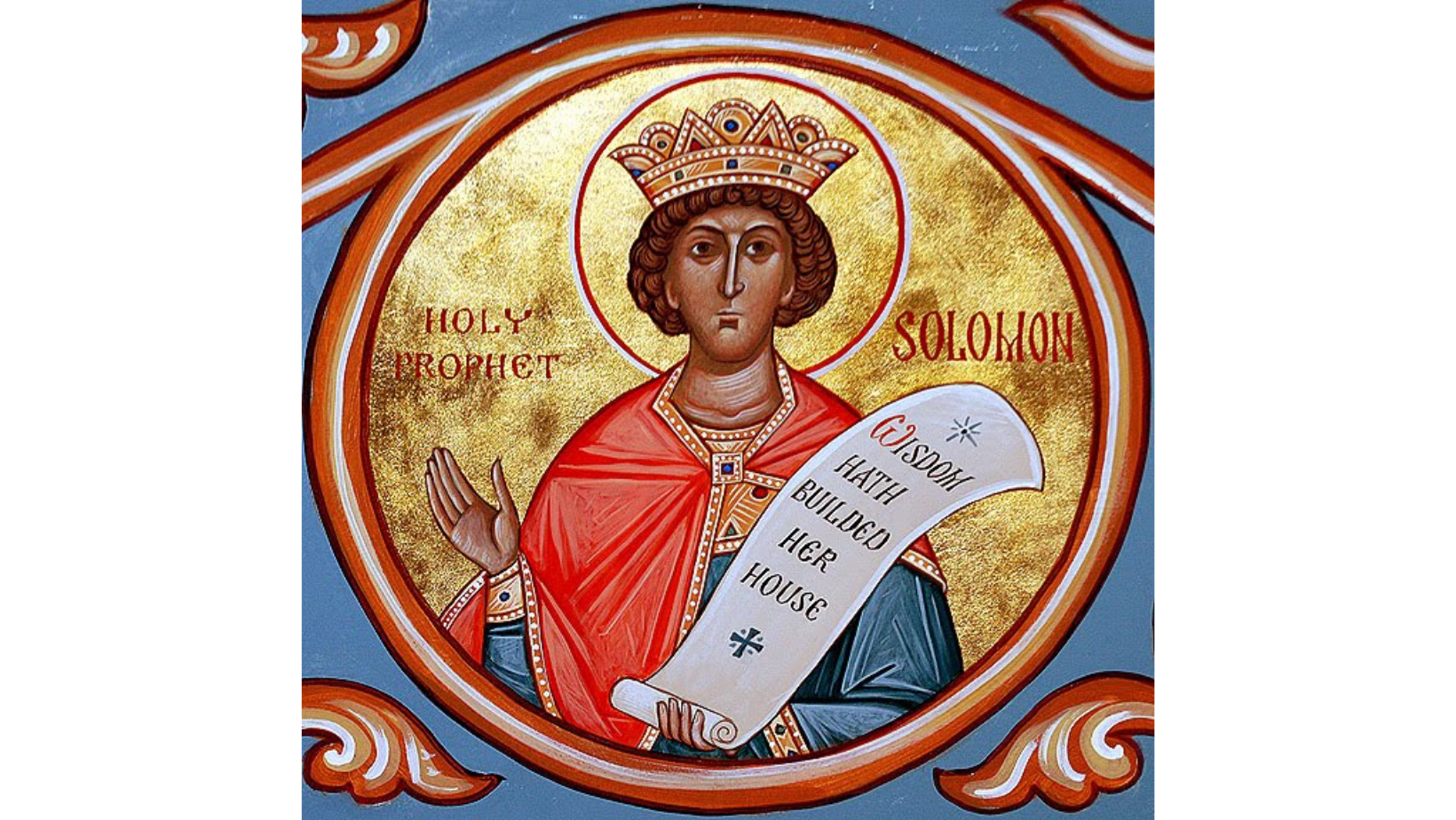Over the extended Covid-tide I’ve developed a devotional practice of reading a chapter of the book of Proverbs every morning. This is nice, because there are 31 chapters, roughly corresponding to a date within a month.
I have found the devotional reading of the Proverbs very life-giving to me through these times and I intend to continue this practice as we move forward.
I have not found much literature out there with instructions on how to read the Proverbs devotionally – the dearth is stark when compared to all the literature out there that is helpful to the reading of the Psalms. I would like briefly to share some of the things that have helped me to connect with the book of Proverbs in a contemplative way.
I was trained to take seriously the different modes and types of literature found in the Bible for sound interpretation – and I am still committed to this. That said, it can lead to missing the depth of connection within the canon. For example, wisdom literature, especially proverbial wisdom, is often quite disconnected from prophetic literature. And, within the prophetic literature, the oracular prophets are often contrasted with apocalyptic writings.
I am learning that placing these differing literary types in sharp, almost opposing contrast is not helpful. I’ve learned to look at it in new ways. For example, there is a kind of unity across oracular and apocalyptic prophecy, where the one is preaching when powers are willing to listen, and the other is vision when the prophet suffers complete disenfranchisement. So too, there is even a kind of continuity between wisdom and prophetic literature. Prophecy comes when things that are wrong need righting, and, at least within the canon, wisdom literature is the celebration and passing on of what things look like when they are going right – when God’s people are following God’s instruction: the Torah.
Within this context we can approach the book of Proverbs with fresh eyes and hearts. Instead of contrasting the seeming naiveté of the Proverbs as misleading in the face of the inevitably of human suffering, we can turn to them as a vision of Wisdom herself – the wise and beautiful right-ordering of things. Here we can envision the Messiah of Israel on the throne of David surrounded by wise counsel, judging rightly below, as the LORD God of Israel and the council of the Elohim judge things rightly above.
I have even found a Christological entry into the Proverbs. Proverbs are attributed to King (Messiah) Solomon, the Son of David. The Proverbs are associated with kingship in Israel, with the Messiah.
As Christians, we look to Jesus as the reestablishment of the Messiah of Israel – forever to reign at the right hand of the Father. The Proverbs belong to Solomon – the King of Peace; who is the son of David – the Beloved of God. The Father announces from heaven, “this is my beloved Son, in whom I am well pleased” (Matt. 3:17) and this Beloved Son comes to us as the “Prince of Peace” (Isaiah 9:6-7).
After looking for the historical context of a passage of Proverbs in order to discern the intent of its human authors, to whatever degree possible, my heart then moves to meditate on its divine authorship, and imagine the paradoxical ways that the King of Glory who died on the cross also holds authorship over this book, its message, and its praises of Wisdom.
This devotional Christian reading has opened new things to me. The book of Proverbs has surprisingly fewer proverbs within it than you might think. Vast parts of the book – including a nine-chapter introduction, are just peans to Wisdom herself. The book praises Holy Wisdom, divine Wisdom, and invites you into her glory – the glory of just monarchs – the glory of the just monarch of Israel – the Glory of Christ the King.
Proverbs exhorts us to “get wisdom” (Proverbs 4:7) and then to keep her and hold her. It gives some instruction on how to do this, including, among other things, making sure you keep the right company, but, most importantly: “the fear of the Lord is the beginning of Wisdom” (Proverbs 9:10). The beginning of wisdom is awe before the God of Israel. That awe leads to the keeping of God’s instruction. The beginning of Wisdom is the study of and adherence to the Torah of God.
As Christians, we approach Jesus as the living Torah, incarnate among us. Let us study Jesus and hear his Good News. Let us read Torah and follow instruction, let us grow in Wisdom, moving through trauma and confusion to that Kingdom of Holy Wisdom, together.
What has characterized your encounter with Proverbs in the past?
How might a Christian devotional reading renew your encounter with Proverbs?
How can the praise of Holy Wisdom lead us to become wise in Christ?
This spring, Sowing Holy Questions explores creating what is next, the new normal, grieving for what we cannot return to, and being “beside ourselves.”



